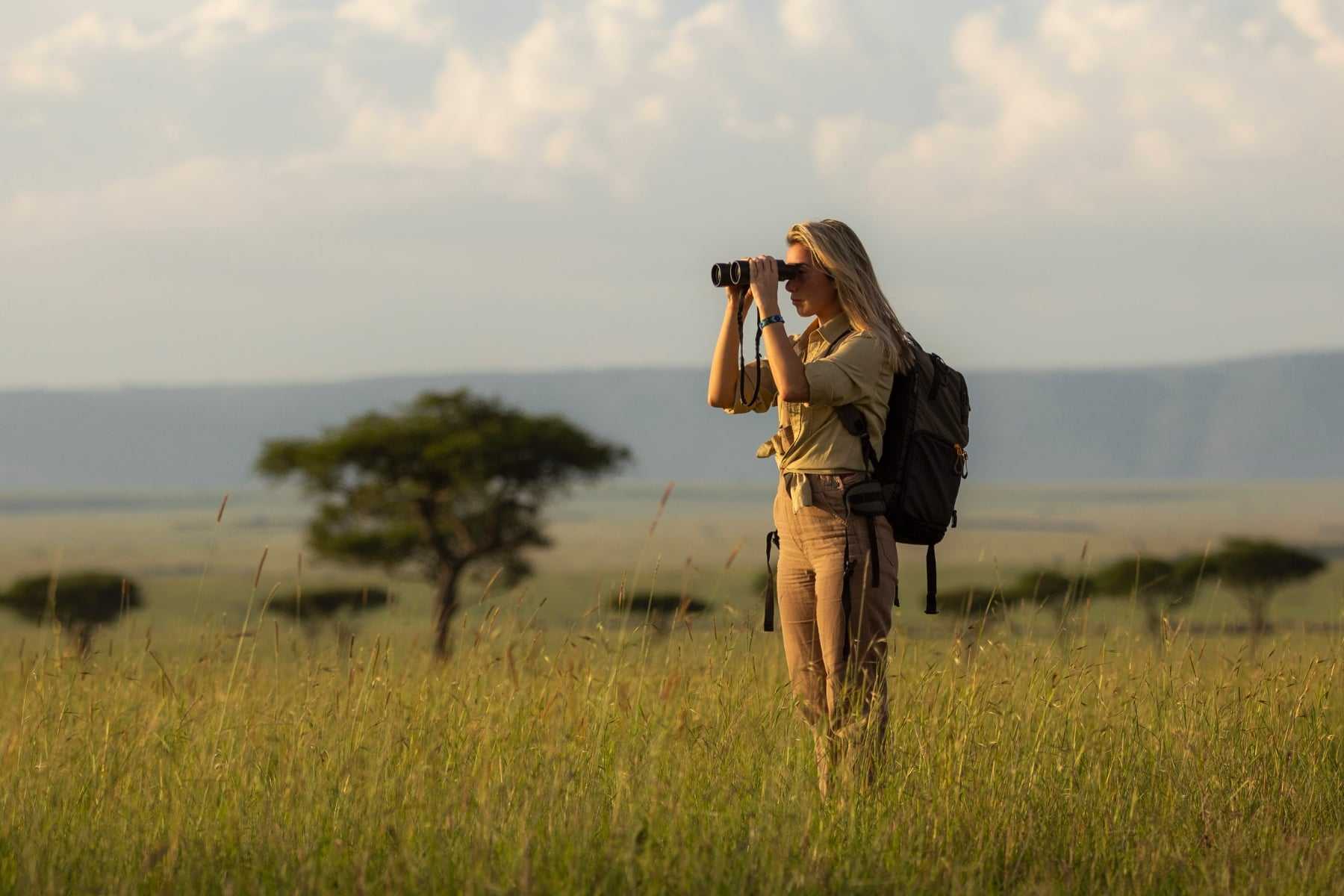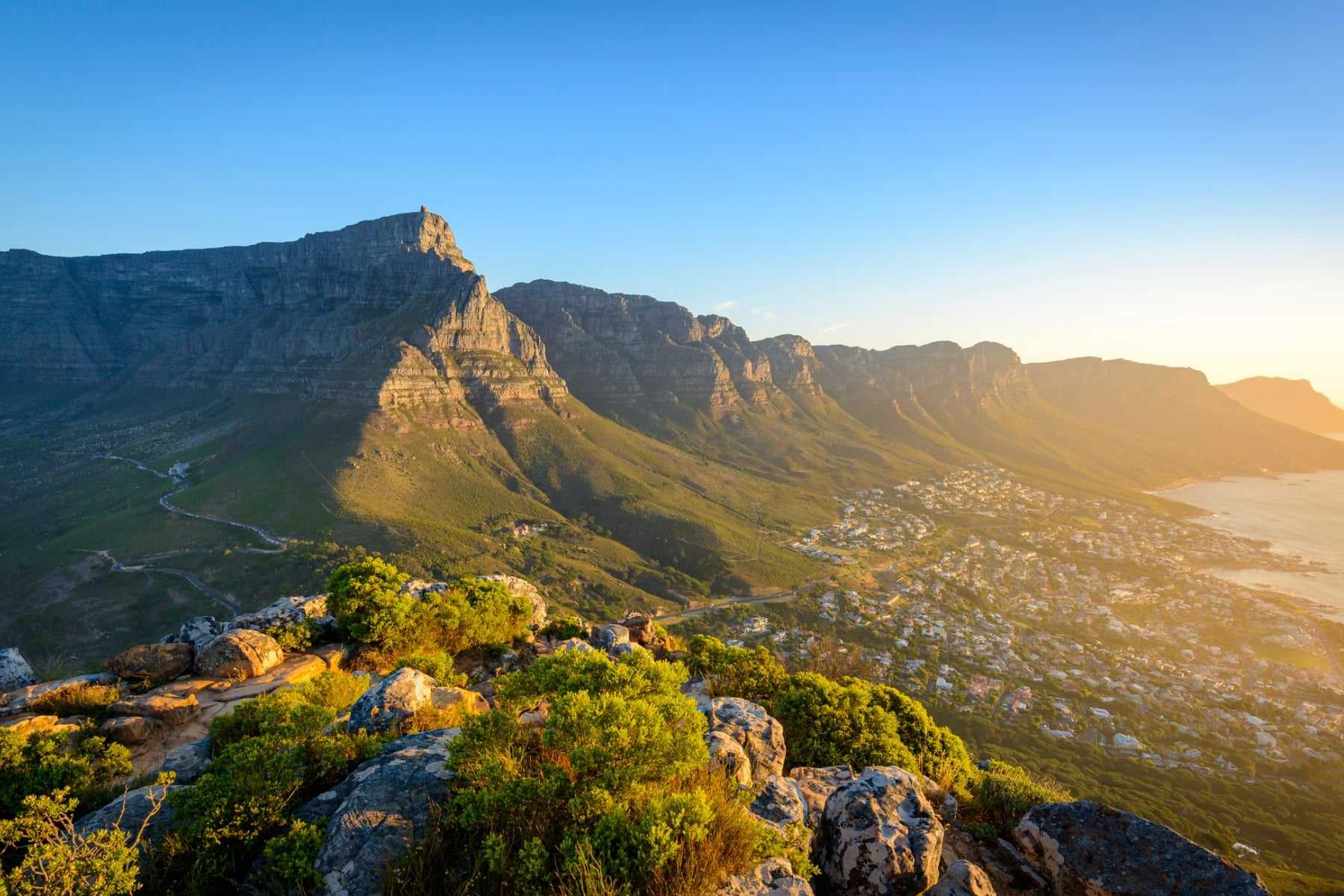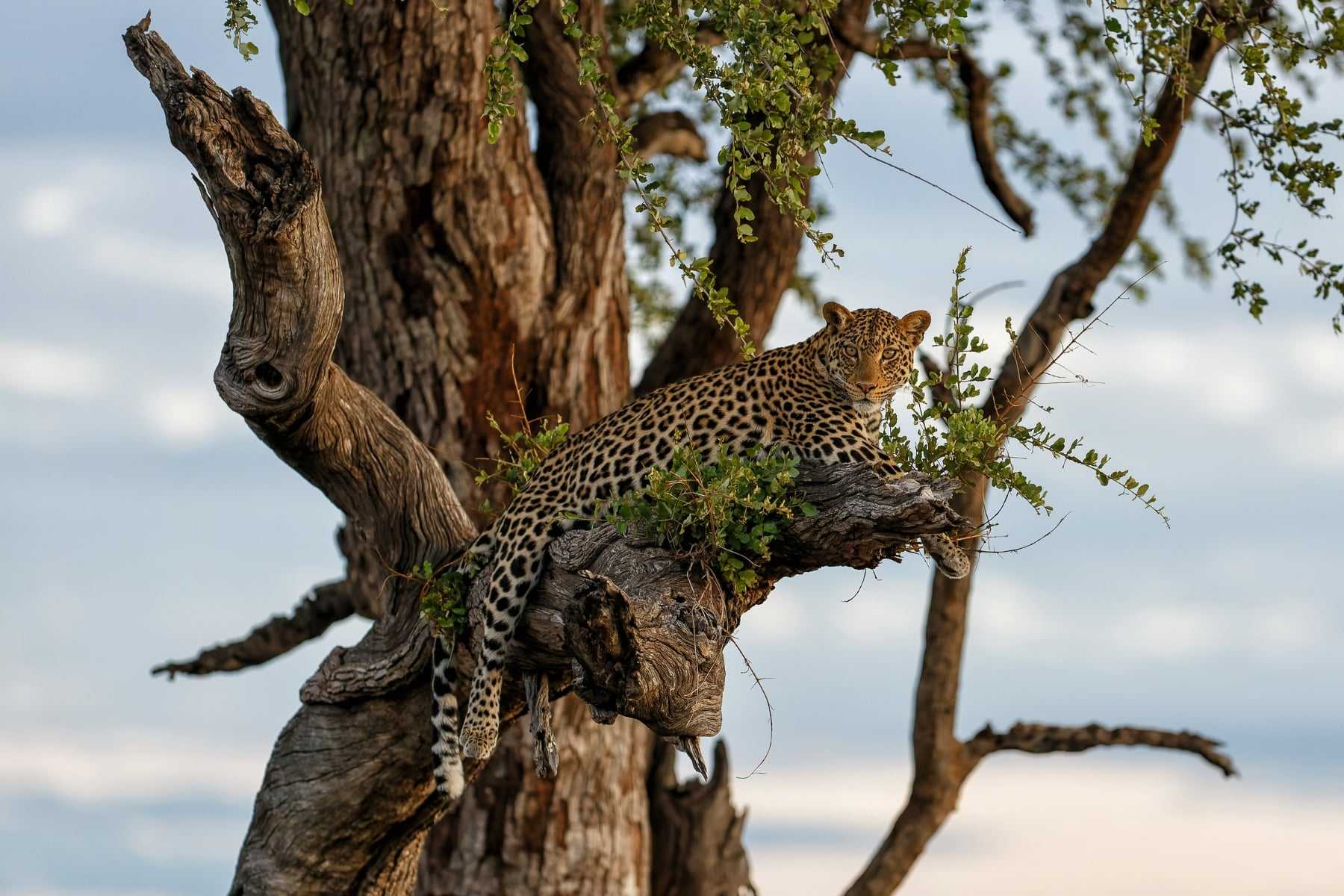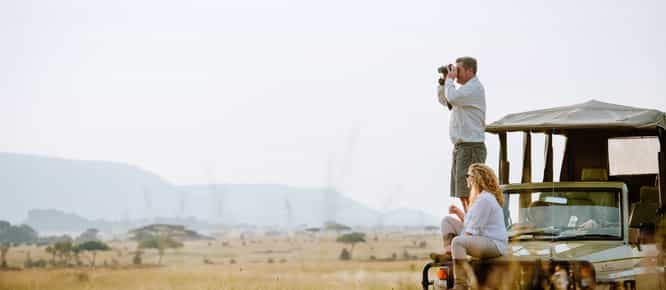When my husband and I moved to Malawi with our four month old daughter, I was adamant a safari was out of the question.
Even if I’d wanted to take our precious girl near big game (I’m sure someone once told me that a baby’s cry attracts wild predators), the logistics of breast-feeding, nappy-changing, bottle-sterilising in the middle of the African bush was too much to contemplate. A baby on safari just seemed to much of a hassle.
But then somehow my husband convinced me (as always) to give it a go and I’ve never looked back. Sophie’s now two and has been on safari six times. Here’s a list of things we wish we’d known when we set off to a National Park for the first time.

Photo by Charlotte Ashton
“Old enough to enjoy it” is sooner than you’d think!
As soon as she was old enough to sit up Sophie has loved the bumpety-bump of the safari vehicle and has, miraculously, stayed quiet at all the right moments. Being close to an elephant, or a giraffe is so captivating it calms and enthrals the grumpiest of toddlers. A baby on safari is definitely still something special.
On our most recent jaunt to South Luangwa we stopped alongside two other vehicles, next to a pride of sleeping lions. The cubs stretched out in the sun as a lioness prowled lazily keeping watch, delighting Sophie with the occasional luxuriant yawn and glimpse of her huge teeth. Everyone spoke in hushed tones, captivated. The steady ‘click click’ of zoom lenses was the only disturbance, until Sophie piped up “Smile, lion, smile!!.”
And with that she won the hearts our fellow guests who that evening volunteered to take her with them on the next day’s drive! Not a serious offer of course but it allayed my fears that the presence of a toddler might be annoying them. The lions weren’t bothered either.
That said, a standard drive is about four hours so restlessness is inevitable. Go armed with a supply of snacks and a spare pair of little “nockerlies” (binos). Worst case, there’s always the trusty smart phone…..
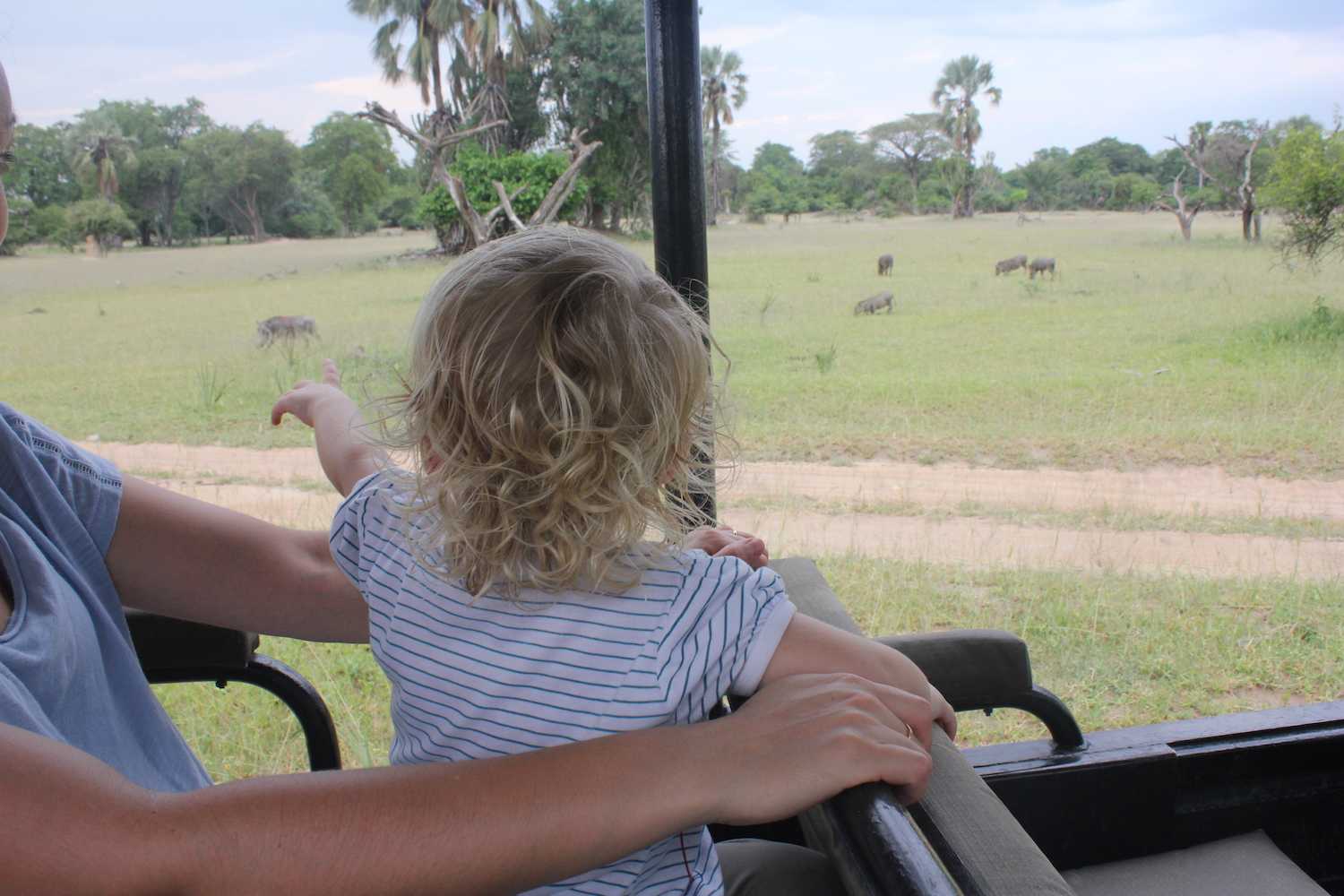
Photo by Charlotte Ashton
Make the baby on safari routine work for you
If possible get a vehicle to yourself, or share with other families with young children. The lodge will often arrange this anyway because honeymoon couples and professional photographers tend not to appreciate ten minute nappy-change stops or an early return to camp.
One of the greatest joys of travelling in Africa is the abundance of kind, enthusiastic babysitters. The wife of a guide or one of the housekeeping staff is usually on hand for nannying duties and despite my initial reluctance to leave Sophie with a stranger, I’ve never been disappointed. They reassured me that if there was a problem they would radio our guide, but happily that’s never been the case and we’ve always returned to a happy, or sleeping, baby.
Choosing the right lodge
Many lodges don’t allow small children but even those that do aren’t always entirely child-friendly. Understandably, guests at the more expensive, luxurious camps have less patience for squealing toddlers, so we tend to stick to the lower-budget options.
I’ve also learned to ask in advance about the construction of the accommodation. A bedroom chalet on stilts with open balcony over a hippo-filled lagoon is sensational for your honeymoon… the stuff of nightmares with a toddler. Best to go for something at ground-level.
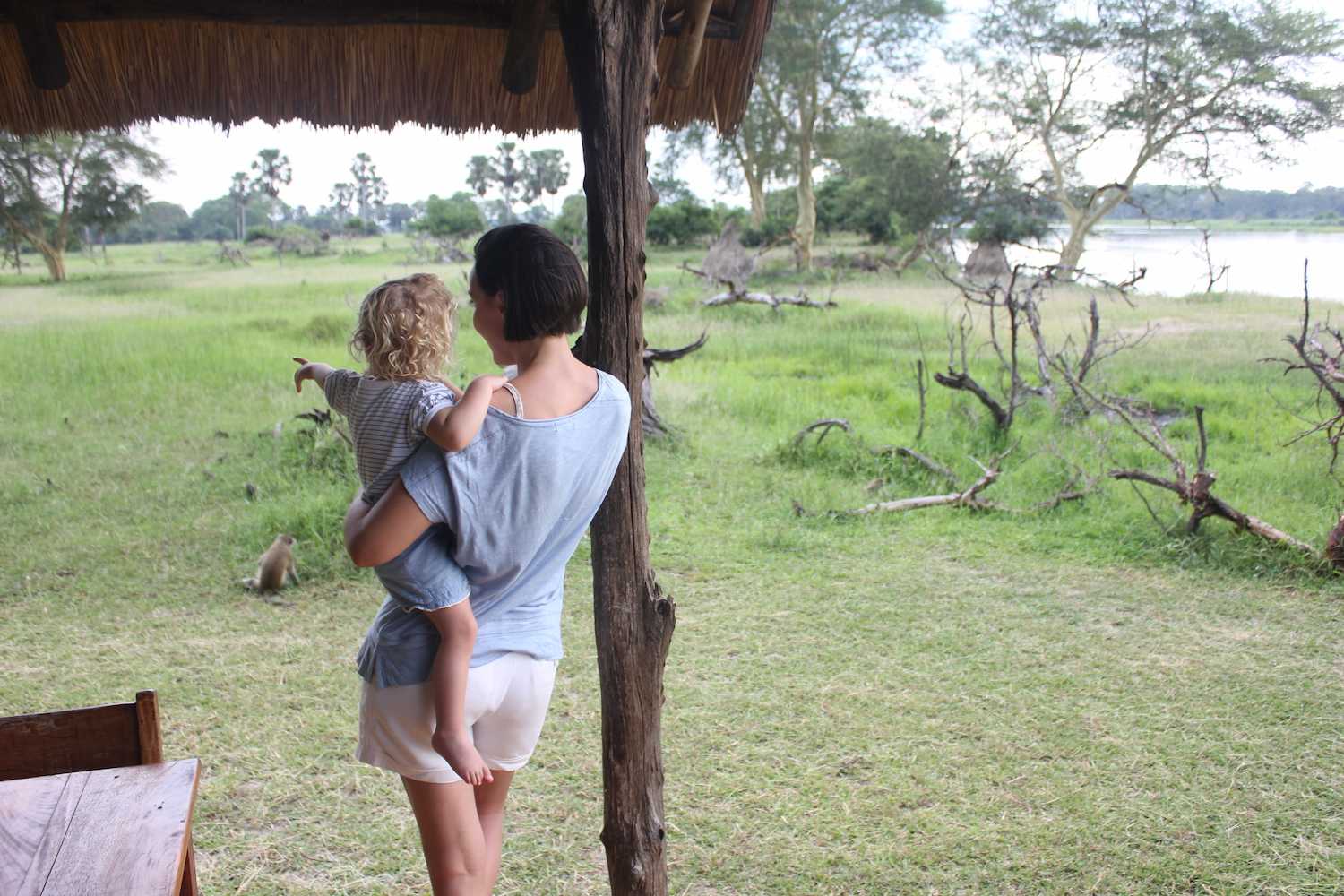
Photo by Charlotte Ashton
What to do about malaria
If malaria is putting you off a trip to Africa, I totally get why. When we first arrived here I was terrified, terrified, of Sophie getting it. At dusk I’d cover her in so much repellent you could smell her the other side of the Sahara, for night feeds I’d dart nervously between mosquito nets like a big-breasted Bond.
Two years on, after countless conversations with malaria experts and other mothers, I’m significantly more relaxed. Not because malaria isn’t potentially lethal and must be taken very seriously, but because I better understand the risk and steps you can take to minimise it.
PREVENTION is key. Malarial mosquitos bite at night, so by dusk you should be wearing lightly-coloured long sleeves and trousers. Cotton pyjamas or full length sleep suits are great for little ones. Exposed skin should be sprayed with repellant and sleeping under a mosquito net is a MUST. Nets for travel cots are easy to find online, I always take my own to be sure it fits. Make sure nets are down by dusk and you (or the housekeeping staff) have sprayed the room, especially under the beds, with insect spray.
Consult your doctor about prophylaxis before you leave. We don’t take any because we live here, but I would for a holiday. The “malaria kit” I always carry with me holds a self-test kit (widely available in pharmacist shops across the continent), thermometer (high fever is one of the first symptoms of malaria) and treatment (catching it early is essential so if in doubt start taking the treatment). Check in advance with your lodge for the number of the nearest doctor.
I’m happy to report that, so far, none of us has had malaria and I certainly wouldn’t let it put me off the wondrous experience that is African safari. The fresh air, adventure, thrill of the wilderness far, far outweigh the risks.
So for everyone who wants to take their baby on safari, see more information on booking family safaris in Africa.





